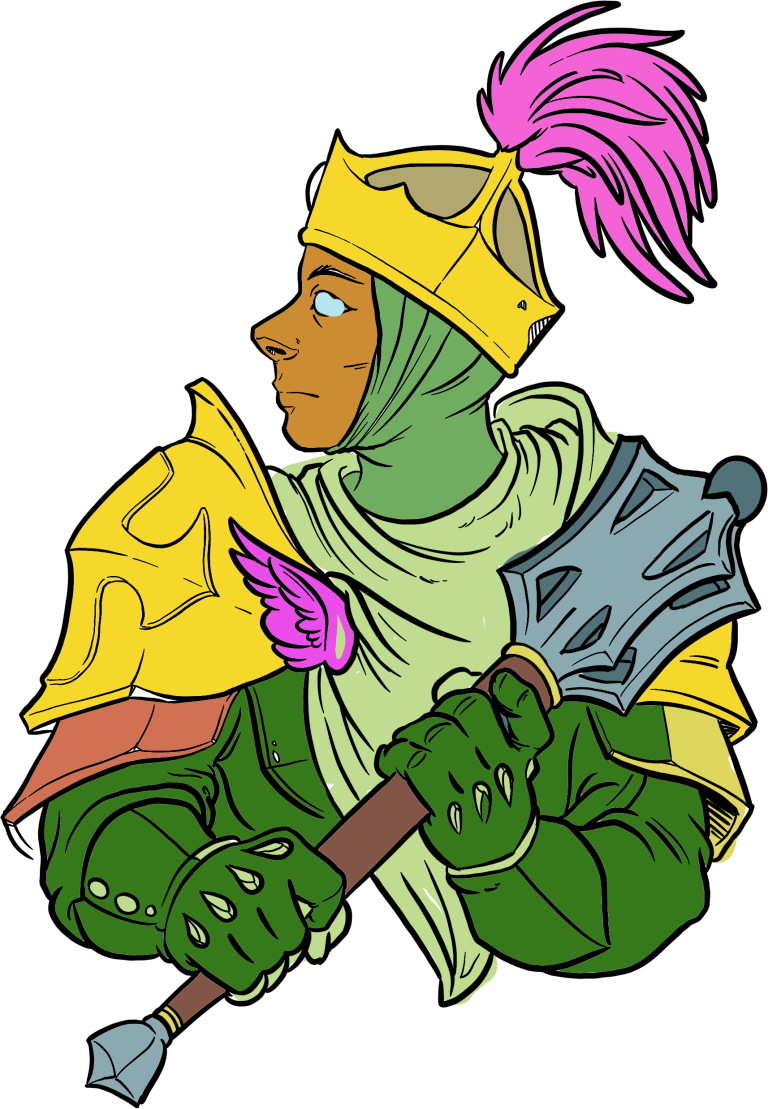Jason Campbell October 30, 2024 3 min read
By Jason Campbell
I’ve been running a weekly 5e campaign in Monte Cook’s Ptolus setting since January 2022, the player characters are currently 17th level. It can be difficult to run a 5e game with higher level characters while keeping the game challenging and the players engaged. This campaign diary series features notes from my players and I about the challenges of playing high level 5e.
Letting Players Write the Story
As a GM I love having players contribute to the world building and story crafting, beyond just describing how their characters react. In my current campaign I’m using a small curated portion of The Darkest House, and adventure from Monte Cook Games. I chose to use ten of the many rooms in that adventure, in this case the house represented an evil fiend lord. The house is often spooky and chilling in its themes and descriptions. I chose a few rooms that would allow the players to narrate stories from their character’s past.

The Familiar Room
The familiar room has no map and no description, instead its description is
A room from a character’s past. A scene that was important, but has either been forgotten by chance or repressed by choice. While the character is in this room that character shrinks to 6″ tall.
I chose a character who’s player is a strong role player and I thought would enjoy improvising. The character has little backstor established so this would be a good opportunity to build on that. The player dove right into it, narrating a room in his childhood home the day his father was killed. It was fun and more dramatic than anything I could have created.
The Autobiography
In the library the fighter named Dre found a book titled, The Autobiography of Dre. Obviously the character didn’t write this book, yet it was apparently filled. The character was alarmed by this and took the book, placing it his backpack without reading it. In this case the character’s player is less experienced with role playing and improvisation, so I decided that if they read the book I’d prompt them, asking for a few details from their childhood friendship with an NPC that was established earlier in the campaign. In this way the player doesn’t have to create a completely new narrative, but they can build on a simple idea.
Conclusion
Letting the players be involved in creating this disturbing place can be rewarding, although it does require players who are open to creating an interesting story. Creating fear with the players’ input is something that is built in the game Brindlewood Bay, from The Gauntlet, by Jason Cordova. In this game when the character attempts some actions, the player first describes what their character feels will happen if they fail, then if they do fail the referee narrates from that fear.
I could have looked at the character’s backstories and established history to anticipate what they might be afraid of, but it’s nearly always better to let the player imagine their character’s deepest fears.
What do you think, do you enjoy games where the players have a lot of input into the setting and story?






